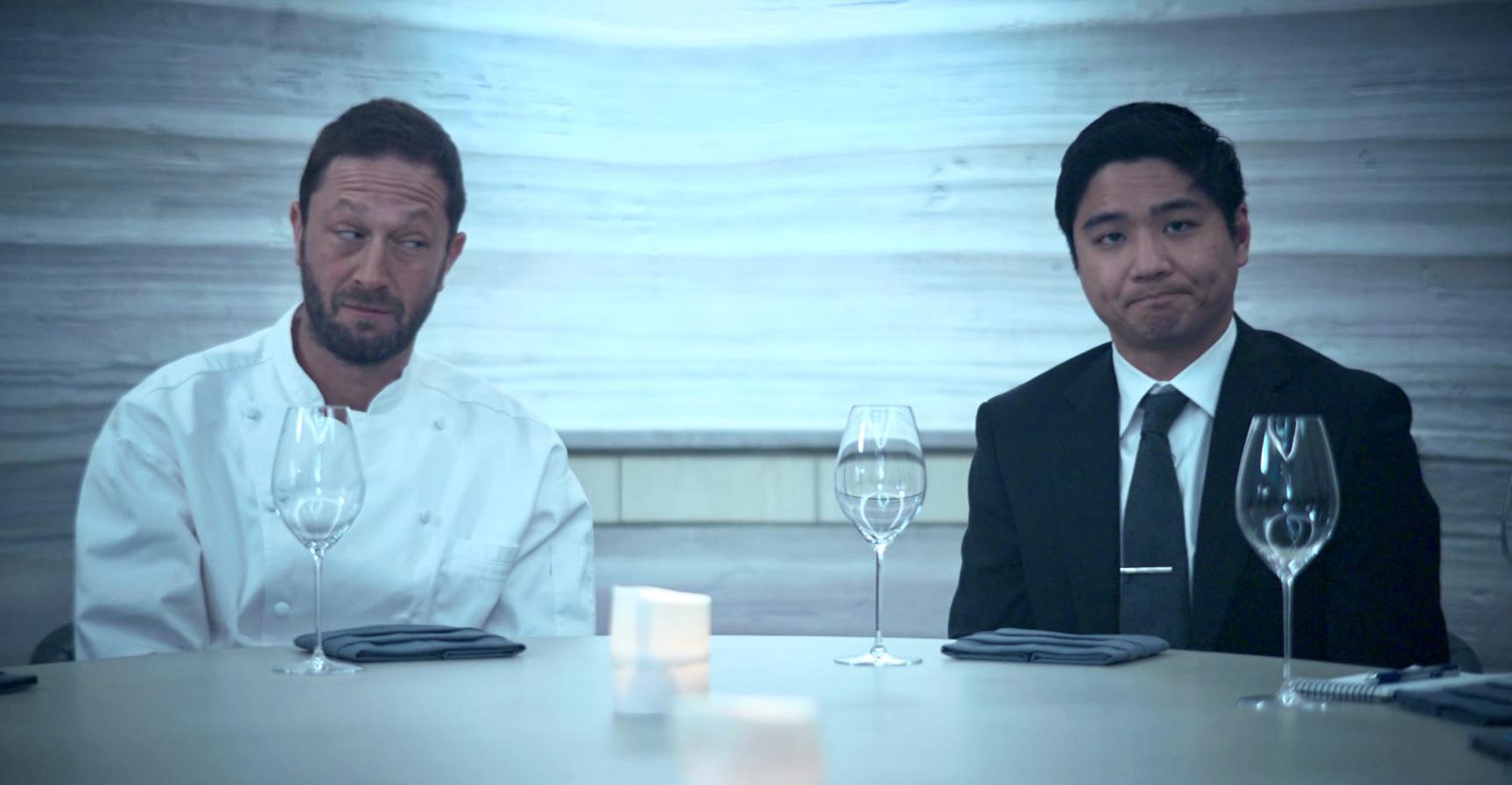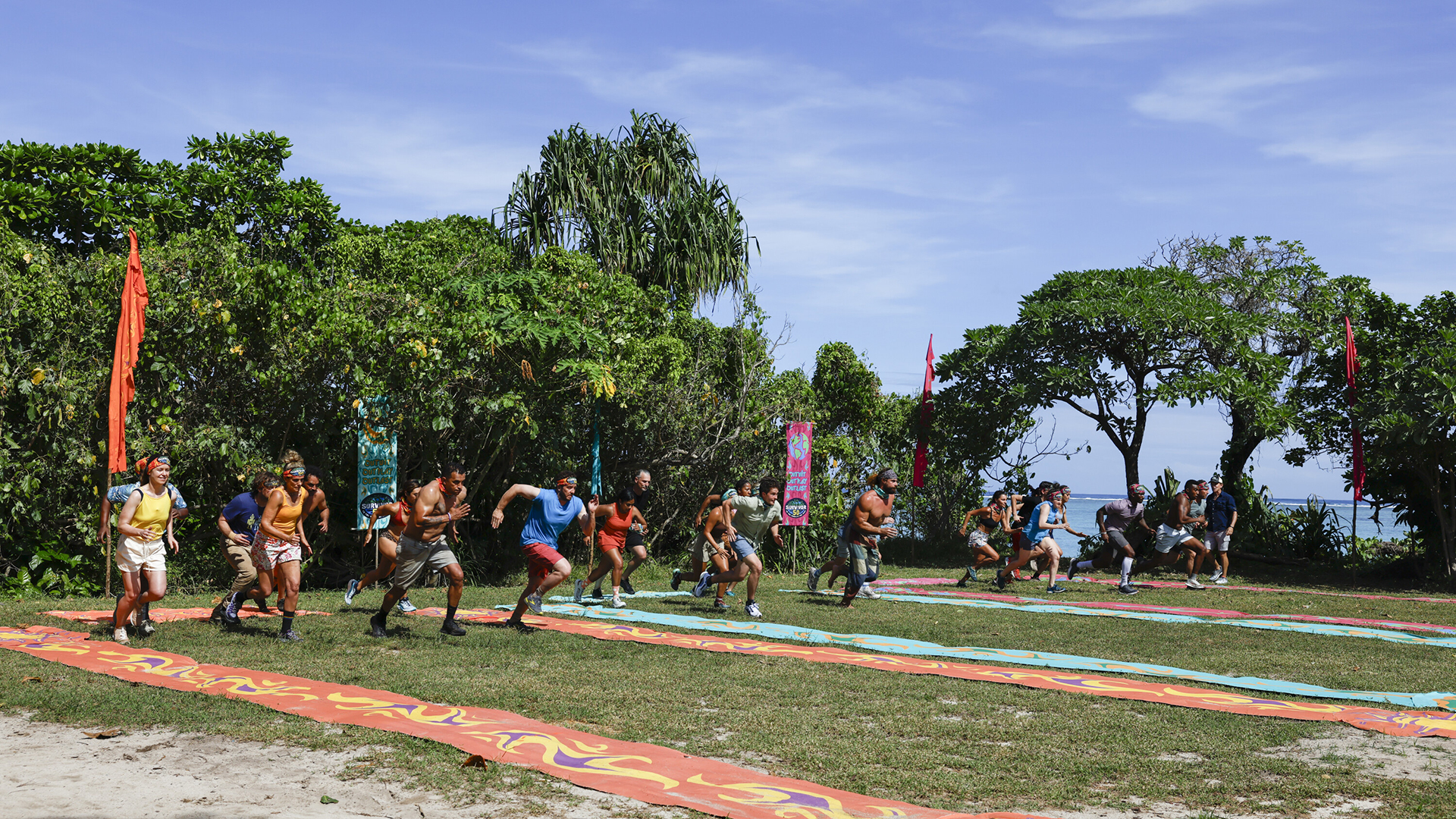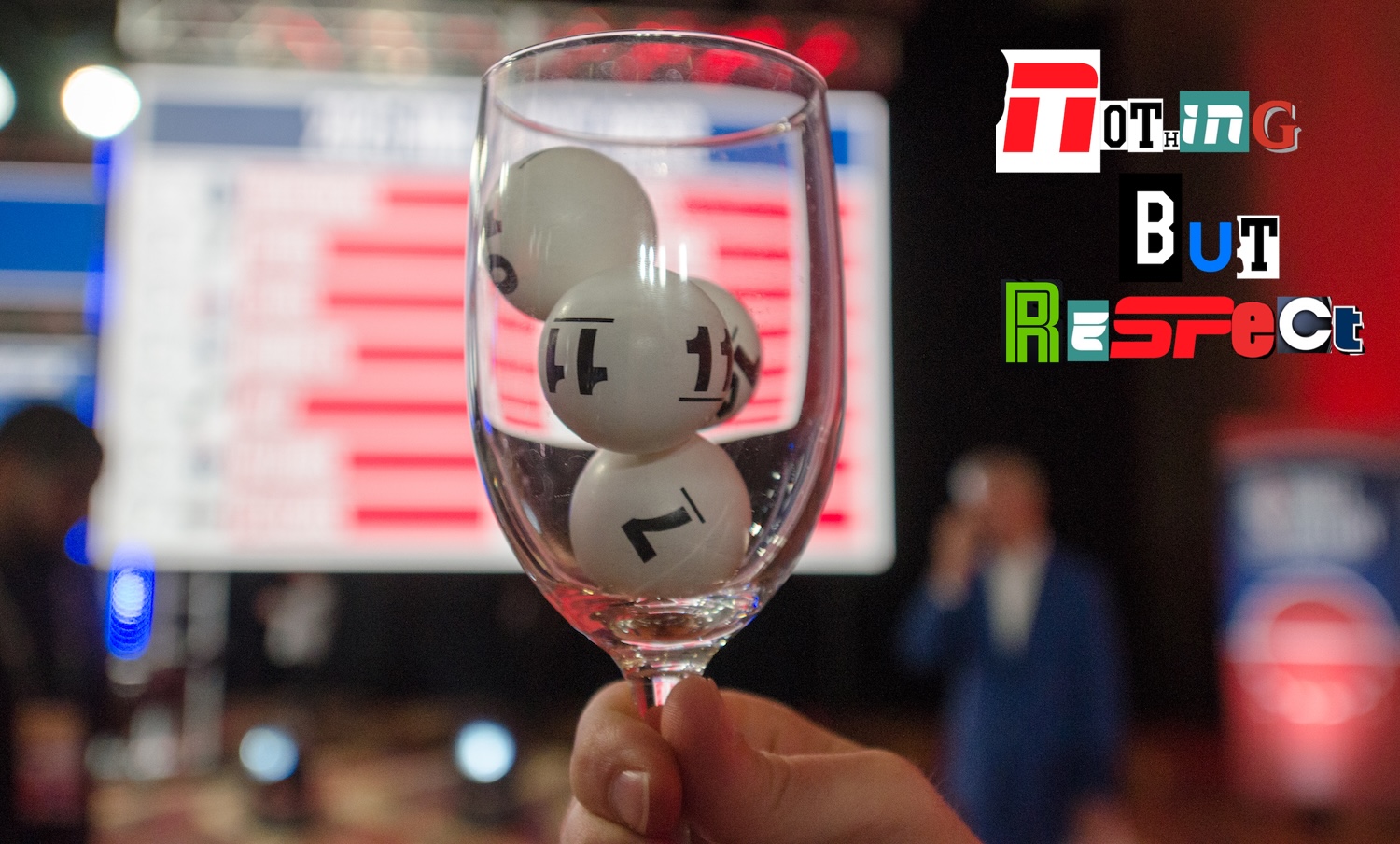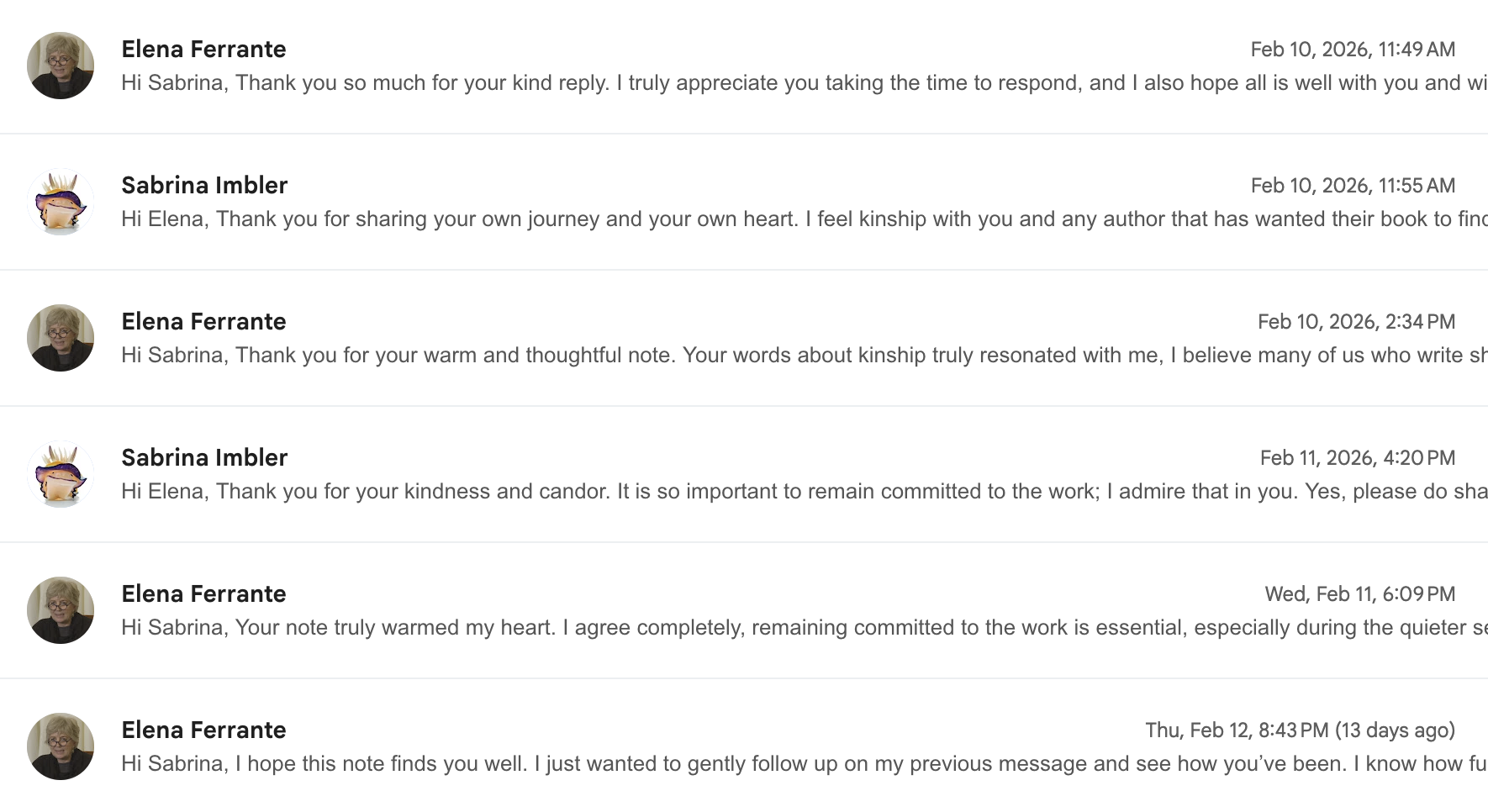I cannot sit still when watching a good game that I'm really into. I have to stand up and pace around the living room the whole time. I get so worked up that I will even get up close to the TV, like I'm trying to get sucked into the game. This is my thing; the excitement of anticipating what will transpire next is like a jolt to the body keeping it from being still. This only happens with sports for the most part, I assume because of that constant tension and guessing and exhilaration that comes from both success and defeat. But over the last month, I began doing this routine while watching the second season of The Bear. Last summer's surprise sensation arrived with a new season in June, and although it's not full of the anxiety-fueled intensity of the first season, it recreates the feeling of watching sports all the same.
The Bear has been suffused with the familiar rhythms and stakes of sports since the first episode, and I am hardly the first person to notice, but a formula like that has the potential to go stale quickly. Season 2 succeeds through its willingness to tweak the dials and move the action away from the constant, win-or-lose anxiety of the kitchen for a bit so that we can spend more time with individual characters. We get to see how each character finds their place in the show's community, and revel in the way each person in this ragtag group of restauranteurs fills the group's needs. If Season 1 was about getting you invested in the team, then Season 2 is about getting you invested in the players.
What I like most about The Bear is that it is unabashedly a television show. It's full of deus ex machinas and characters talking out loud, and all the themes are big and obvious. It's not trying to trick you or blow your mind. It's just trying to tell a story you've seen before as well as possible so you invest anyways. The season opens with two of the main characters, Richie (Ebon Moss-Bachrach) and Carm (Jeremy Allen White), talking about purpose and Richie's inability to find his. The narrative arc being set up is obvious, but that doesn't lessen any of the anticipation.
That anticipation pays off in the season's seventh and most thrilling episode, "Forks," in which Richie is sent off to the best restaurant in Chicago as a sort of boot camp prior to The Bear's opening. Richie has always been the fuck-up of the group, an aging dirtbag who only started working at the restaurant because his best friend owned the place, and then he got to stick around when his best friend's little brother Carm took over. Richie is barely capable of working in a shitty sandwich shop, so he's feeling the pressure as it undergoes its conversion into a fine-dining restaurant. He sees this "training week" less as an opportunity than the first step in Carm's plan to get rid of him.
He starts out begrudgingly cleaning every fork in the restaurant over a number of days, looking at it as a specific punishment, another addendum to the disappointment that is his life, but as he spends time around the staff and eventually starts shadowing them, he gets into it. He finds their cultish desire to achieve perfection purely for the enjoyment of their guests infectious, and it taps into his own need of feeling wanted and valued. I couldn't help pacing around the room as Richie became part of the team and was able to identify various dishes based on a blind taste test. I excitedly pumped my hands when he sprinted down the streets of Chicago to retrieve a deep dish pizza to surprise a table of diners with. His excitement became my excitement; a television show was manipulating me and I loved it.
By the end of the episode, Richie has achieved full character development, and I didn't even care about how pat it all was. I was happy for him the same way I am happy to see a career role player finally win a title. I was happy that a TV show tried to convince me that a character who had never found purpose in 45 years could find it in a week, because sometimes it's nice to believe in silly shit like that without exposing yourself to Ted Lasso. That's part of the beauty of sports as well—buying into pollyanna visions of teamwork and motivation and all the other Coach K-isms that show up throughout The Bear's second season.
For the rest of the season, you can see how this experience transforms Richie into a more reliable person who takes running the restaurant seriously, and it even culminates with him getting his moment to shine in the finale. Where he goes from here is hard to know; it's TV and the narrative temptation of having the character regress will always be there. But I'm going to be rooting for my guy no matter what, because sports are also about loyalty.






